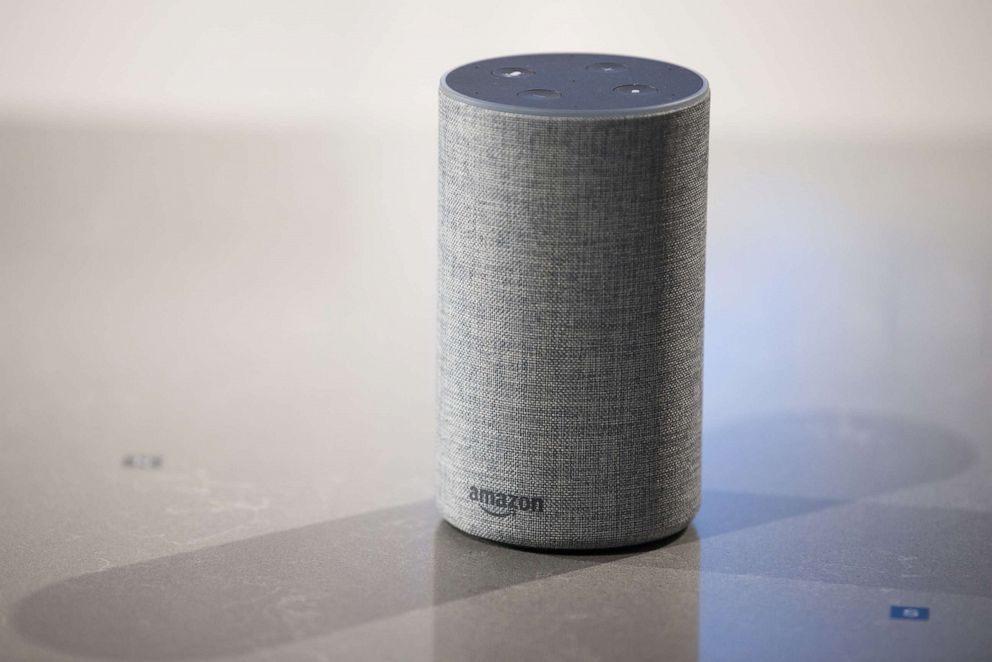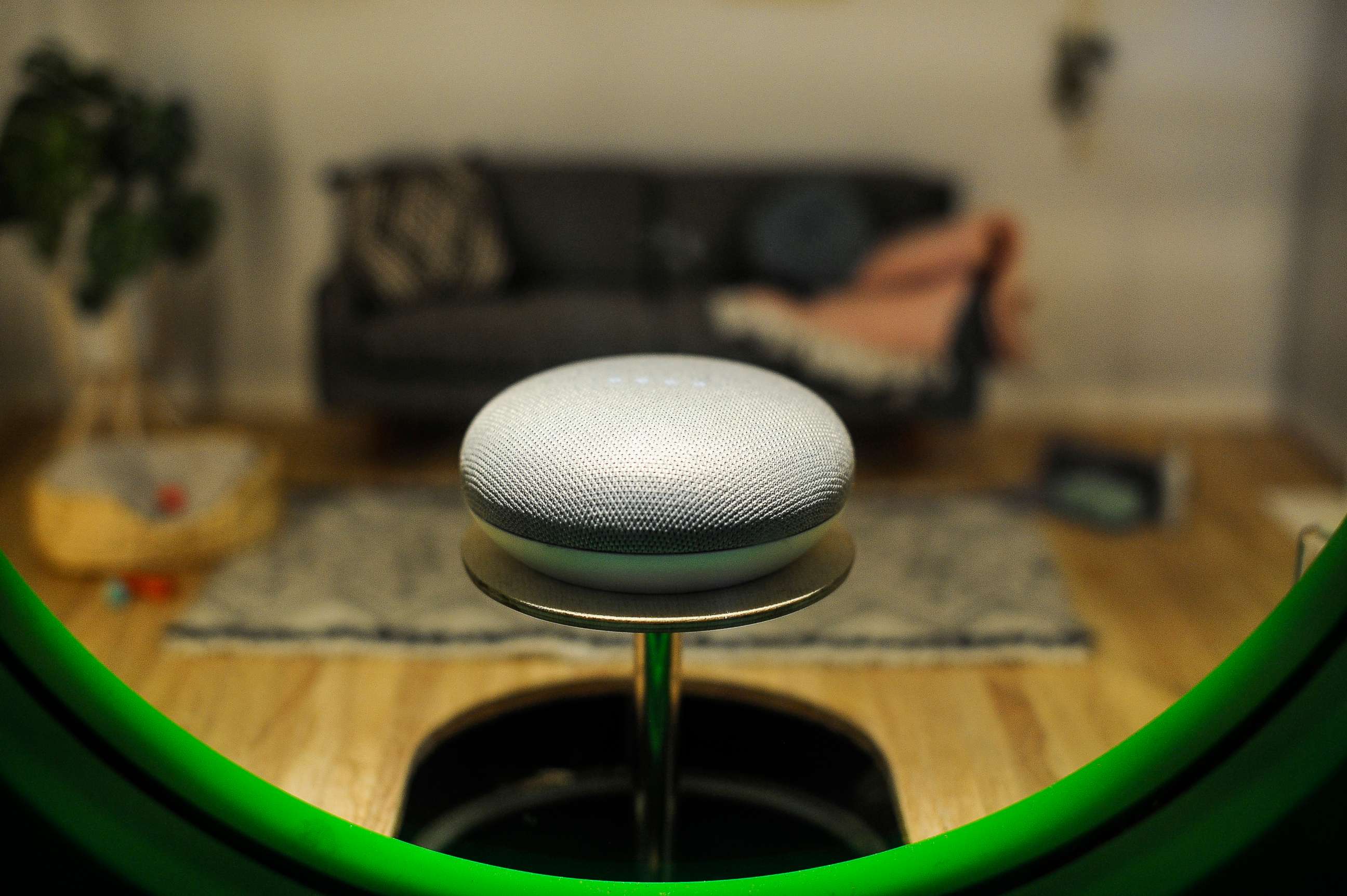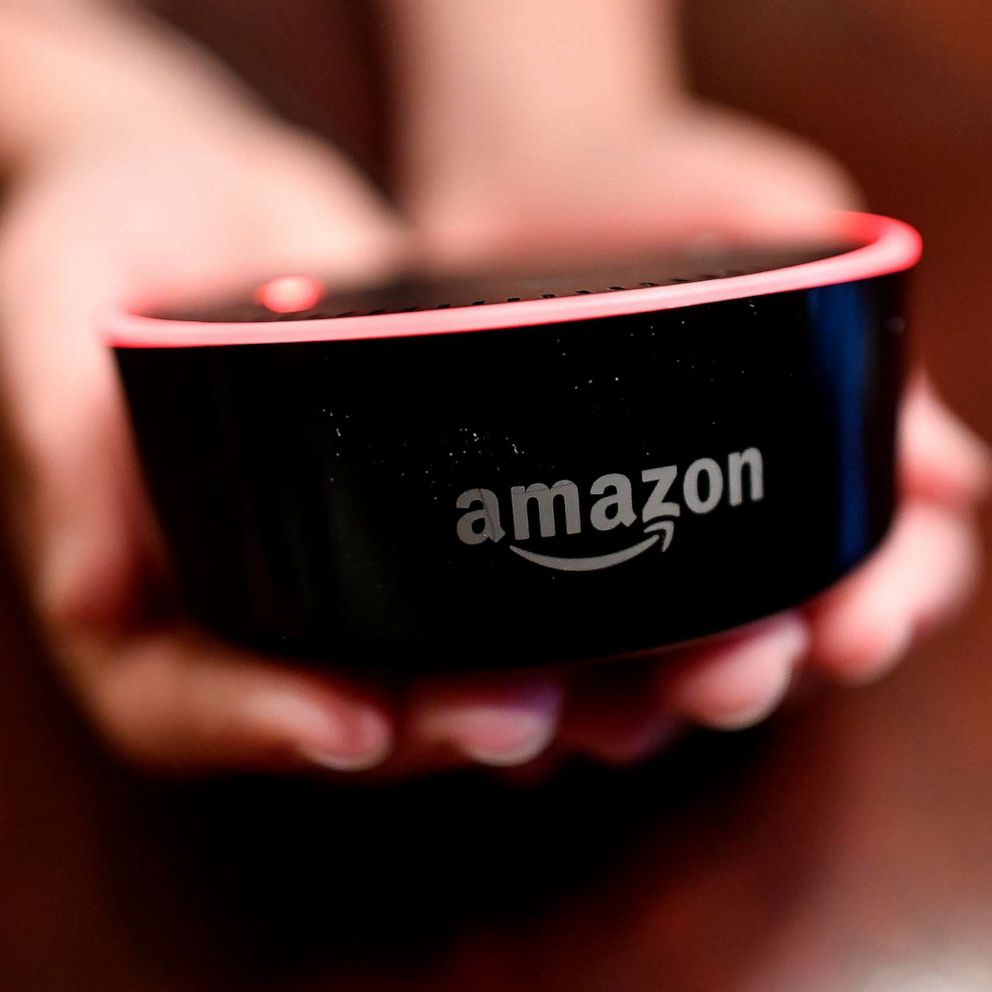Beware of asking your smart device to look up a phone number, Better Business Bureau warns
Scammers are tricking voice assistants with phony customer service numbers.
The Better Business Bureau issued a new warning on Friday cautioning consumers to not ask voice assistant-enabled smart devices to find and call phone numbers for companies because it could lead you to a scam.
According to the nonprofit BBB, when some customers ask devices such as Google Home, Amazon's Alexa or Apple's Siri to call companies, the devices may dial numbers that scammers have created and bumped up to the top of search results, often by paying for ads. As a result, you may be connected to fake customer service representatives who try to solicit payments by wire transfer or prepaid debit cards. The smart devices may have trouble recognizing phony numbers for real companies.
One victim told the Better Business Bureau that she thought she was talking to the customer service department of a major airline when she tried to change her seat on a flight. Instead, she says, a scammer tried to trick her into paying $400 -- using pre-paid gift cards -- after the "representative" said the airline was running a promotion.
“We work hard to fight against spammers and protect people from scams," a spokesperson for Google told ABC News. "When these fake numbers are reported, we remove them."
Apple declined ABC News' request for comment. Amazon did not immediately respond to ABC News' request for comment.

The Better Business Bureau released three main tips to help people avoid this scam:
1. Use caution when searching for support numbers.
The Better Business Bureau recommends using the contact information directly from the business's website after double checking the URL is correct, finding contact information on your bill, or in a confirmation email. Be wary about doing a quick online search or letting your smart device pull up a number.
2. Look out for fake ads.
Many scammers will make phony ads with wrong customer service phone numbers. Moreover, it can be hard for a voice-assisted smart device to tell the fake ad from the real one, so be extra cautious about getting contact information from advertisements.
3. Pay with your credit card.
If you do get scammed, it is a lot easier to dispute a credit card payment and get your money back. A major red flag is when representative asks for payment by wire transfer or a pre-paid debit card -- and there is almost nothing you can do in these cases to get your money back, according to the Better Business Bureau.
For more tips on how to stay safe from scams while using smart devices, check out the FTC's roundup of tips here.










